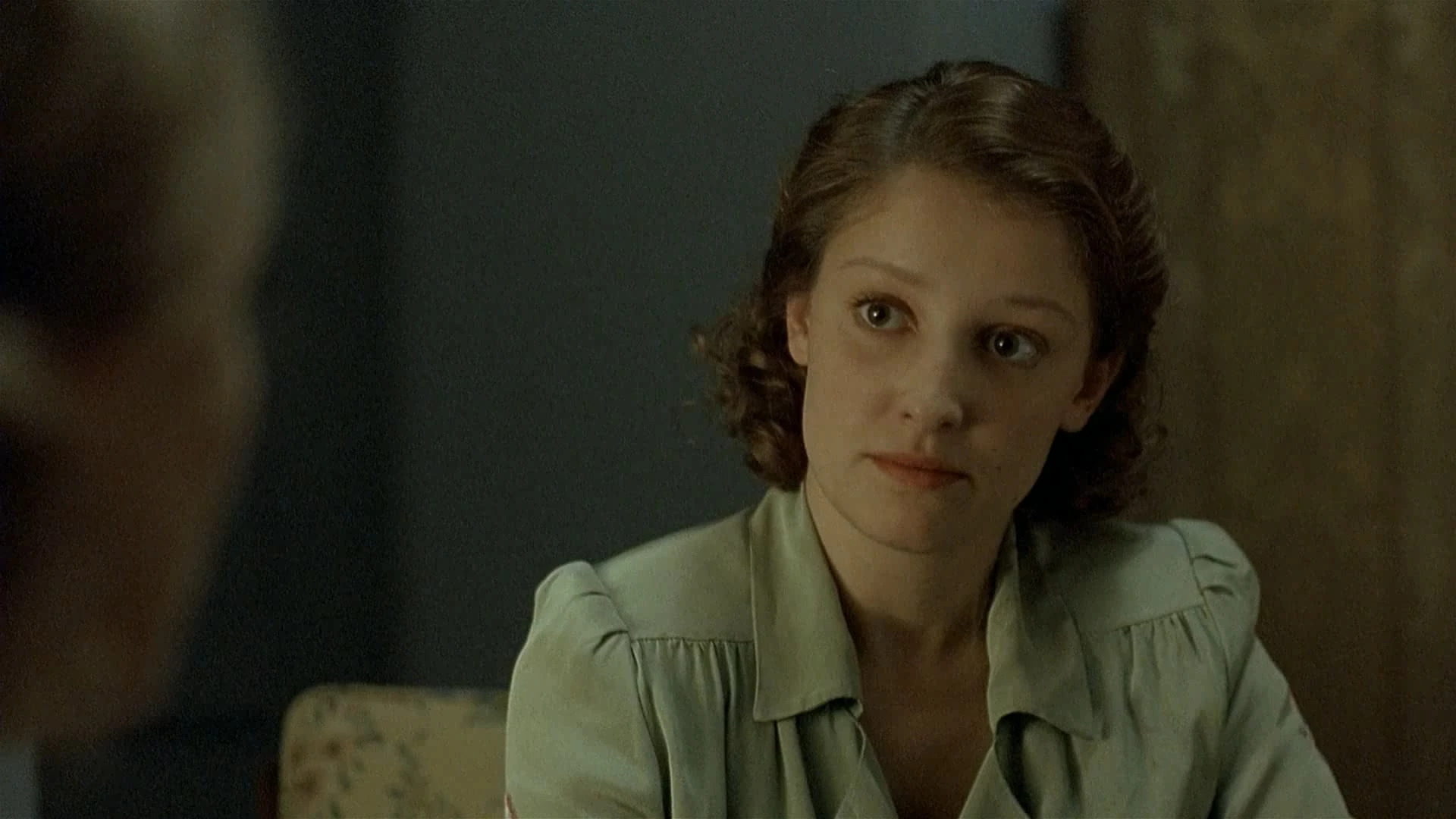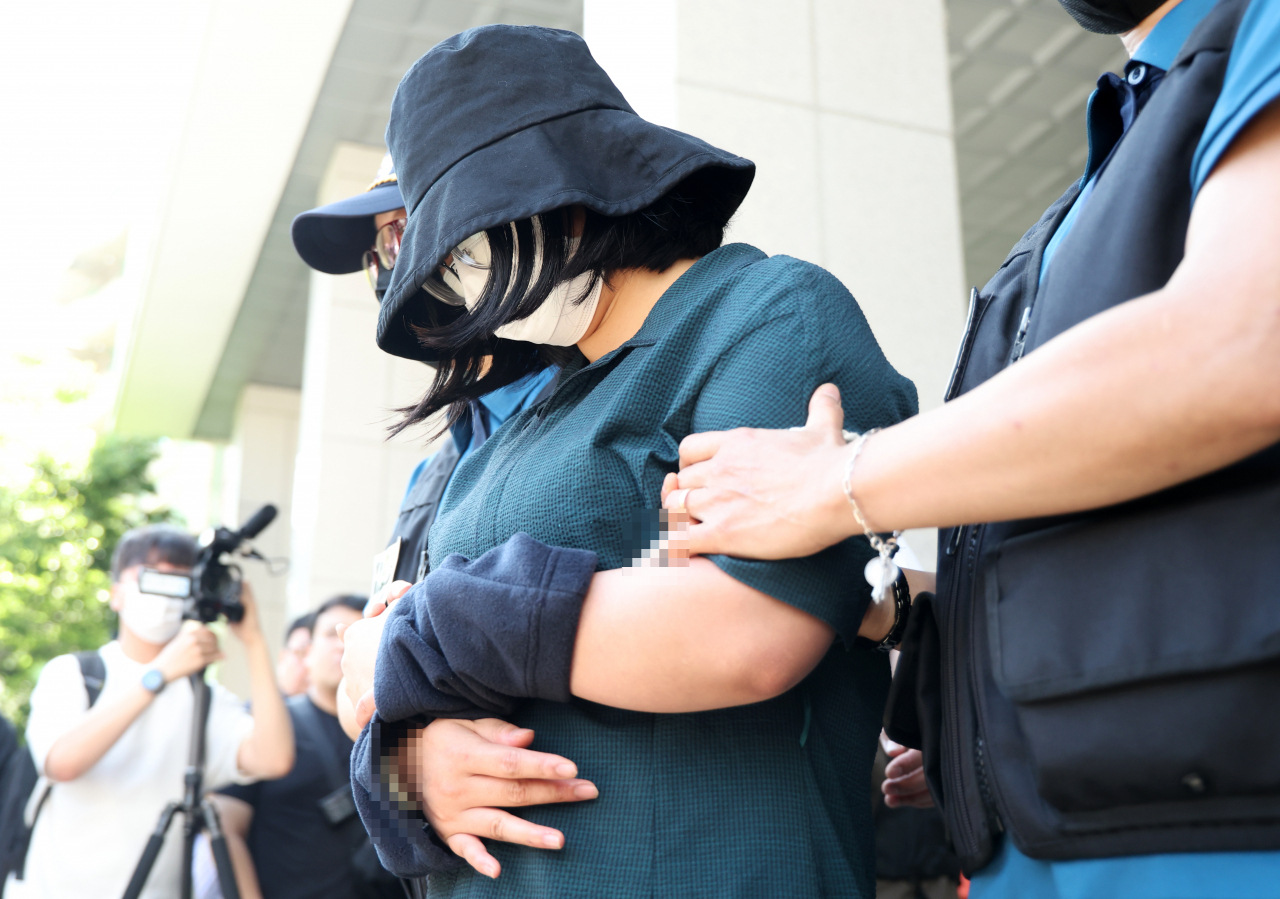
Who was Traudl Junge? Traudl Junge, born Gertraud Humps, was Adolf Hitler's personal secretary during the final years of World War II. She is best known for her firsthand accounts of Hitler's last days in the Führerbunker. Junge began working for Hitler in 1942, when she was just 22 years old. Her memoirs and interviews provide a unique perspective on the inner workings of the Nazi regime. After the war, Junge faced intense scrutiny and struggled with her role in history. Her story raises important questions about complicity, responsibility, and the human capacity for denial. Dive into these 35 facts to learn more about this complex figure.
Key Takeaways:
- Traudl Junge was Hitler's last secretary, providing valuable insights into the inner workings of the Nazi regime. Her memoirs and interviews have humanized historical figures and sparked discussions on moral responsibility.
- Junge's life and experiences have been depicted in films, biographies, and documentaries, contributing to our understanding of World War II. Her story continues to captivate historians and the general public.
Traudl Junge: Hitler's Last Secretary
Traudl Junge, born Gertraud Humps, was Adolf Hitler's final private secretary. Her life provides a unique perspective on the inner workings of the Nazi regime. Here are some fascinating facts about her life and experiences.
-
Born on March 16, 1920, in Munich, Germany, Traudl Junge grew up in a middle-class family.
-
She initially aspired to be a dancer but shifted her career path due to financial constraints.
-
In 1942, she applied for a secretarial position in Hitler's office, unaware of the full implications.
-
Junge was selected from a pool of applicants and began working for Hitler in December 1942.
-
She was only 22 years old when she started her job as Hitler's secretary.
Life Inside the Führerbunker
Junge's role as Hitler's secretary placed her in the heart of the Nazi regime, especially during its final days in the Führerbunker.
-
She typed Hitler's last will and testament in the Führerbunker on April 29, 1945.
-
Junge witnessed the chaotic final days of the Third Reich from inside the bunker.
-
She was present during Hitler's marriage to Eva Braun, which took place just before their suicides.
-
After Hitler's death, Junge attempted to escape Berlin but was captured by Soviet forces.
-
She was interrogated by the Soviets and later handed over to the Americans.
Post-War Life and Reflections
After the war, Junge faced the consequences of her association with Hitler and the Nazi regime.
-
She was held in various internment camps before being released in 1946.
-
Junge struggled with guilt and remorse for her role in the Nazi regime.
-
She worked as a secretary and editor in post-war Germany.
-
Junge married twice, first to Hans Junge, who died in 1944, and later to a man named Martin Junge.
-
She kept a low profile for many years, avoiding public attention.
Memoirs and Legacy
Junge's memoirs and interviews provide valuable insights into her experiences and the inner workings of the Nazi regime.
-
In 2002, her memoir "Until the Final Hour" was published, detailing her time with Hitler.
-
Junge's memoir was co-written with Melissa Müller, an Austrian journalist.
-
She appeared in the 2002 documentary "Blind Spot: Hitler's Secretary," where she spoke candidly about her experiences.
-
Junge expressed deep regret for her involvement with the Nazi regime in her later years.
-
She passed away on February 10, 2002, in Munich, Germany, at the age of 81.
Lesser-Known Facts
Beyond her well-documented experiences, there are several lesser-known aspects of Junge's life.
-
Junge was an avid reader and enjoyed literature throughout her life.
-
She had a close friendship with fellow secretary Christa Schroeder.
-
Junge's father was a master brewer, and her mother was a housewife.
-
She had one sister, Inge, who also worked as a secretary.
-
Junge's favorite author was Thomas Mann, a prominent German writer.
Impact on Historical Understanding
Junge's firsthand accounts have significantly contributed to historical understanding of the Nazi regime's inner workings.
-
Historians consider her memoirs and interviews as crucial primary sources.
-
Junge's accounts have been used in numerous historical studies and documentaries.
-
Her experiences have helped humanize the often-monolithic portrayal of Nazi officials.
-
Junge's reflections on her own culpability have sparked discussions on moral responsibility.
-
Her story has been included in various educational programs about World War II and the Holocaust.
Cultural Depictions
Junge's life and experiences have been depicted in various forms of media.
-
The 2004 film "Downfall" features a portrayal of Junge by actress Alexandra Maria Lara.
-
Junge's memoirs inspired parts of the screenplay for "Downfall."
-
She has been the subject of several biographies and historical studies.
-
Junge's interviews have been featured in multiple documentaries about World War II.
-
Her story continues to be a point of interest for historians and the general public alike.
Final Glimpse into Traudl Junge's Life
Traudl Junge's life offers a unique perspective on history. As Adolf Hitler's secretary, she witnessed pivotal moments during World War II. Her memoirs provide firsthand accounts of the final days in the Führerbunker, shedding light on a dark chapter in human history. Junge's reflections reveal her initial naivety and later regret for her role in the Nazi regime. Her story serves as a reminder of the importance of questioning authority and the impact of individual actions. By examining her life, we gain a deeper understanding of the complexities of human behavior during times of conflict. Traudl Junge's experiences underscore the need for vigilance against totalitarianism and the value of historical awareness. Her legacy is a testament to the power of personal reflection and the enduring quest for truth.
Frequently Asked Questions
Was this page helpful?
Our commitment to delivering trustworthy and engaging content is at the heart of what we do. Each fact on our site is contributed by real users like you, bringing a wealth of diverse insights and information. To ensure the highest standards of accuracy and reliability, our dedicated editors meticulously review each submission. This process guarantees that the facts we share are not only fascinating but also credible. Trust in our commitment to quality and authenticity as you explore and learn with us.


